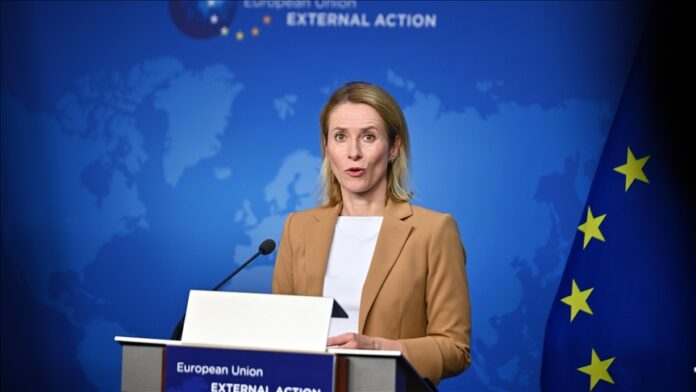The European Commission is considering a full ban on Russian tourists as part of its 19th sanctions package against Moscow, a move that would mark the bloc’s toughest travel restriction since the start of the war in Ukraine.
The proposal, which would require unanimous approval from all 27-member states, was pushed by Poland, Finland and the Baltic states, long-time advocates of tighter controls on Russian visitors.
But resistance is expected from countries that rely on Russian tourism, such as Italy, Spain, Greece and France, as well as Moscow-friendly Hungary and Slovakia.
An EU source said the Commission is weighing two approaches. The first would involve issuing non-binding guidance urging member states to limit tourist visas, following a surge in Russian arrivals this summer. The second would be a binding ban written into the sanctions package, which would be politically harder to pass but far more consequential.
Commission figures show that more than 500,000 Russians received visas to the Schengen area in 2024 which is a sharp increase from the previous year, despite the ongoing war.
“We can’t just accept Russians travelling and enjoying their lives while their government is killing Ukrainians and threatening our security on a daily basis,” one EU diplomat told Euractiv.
The 19th sanctions package, originally scheduled for release on Wednesday but now delayed, will build on earlier measures targeting Russian banks, energy exports and Kremlin-linked individuals.
Separately, frontline states including the Czech Republic and Latvia are pushing for restrictions on Russian diplomats’ travel within the Schengen zone. The proposal, backed by other NATO eastern flank countries, would limit diplomats to the country where they are accredited; a response to repeated cases of Russian intelligence officers operating under diplomatic cover.

